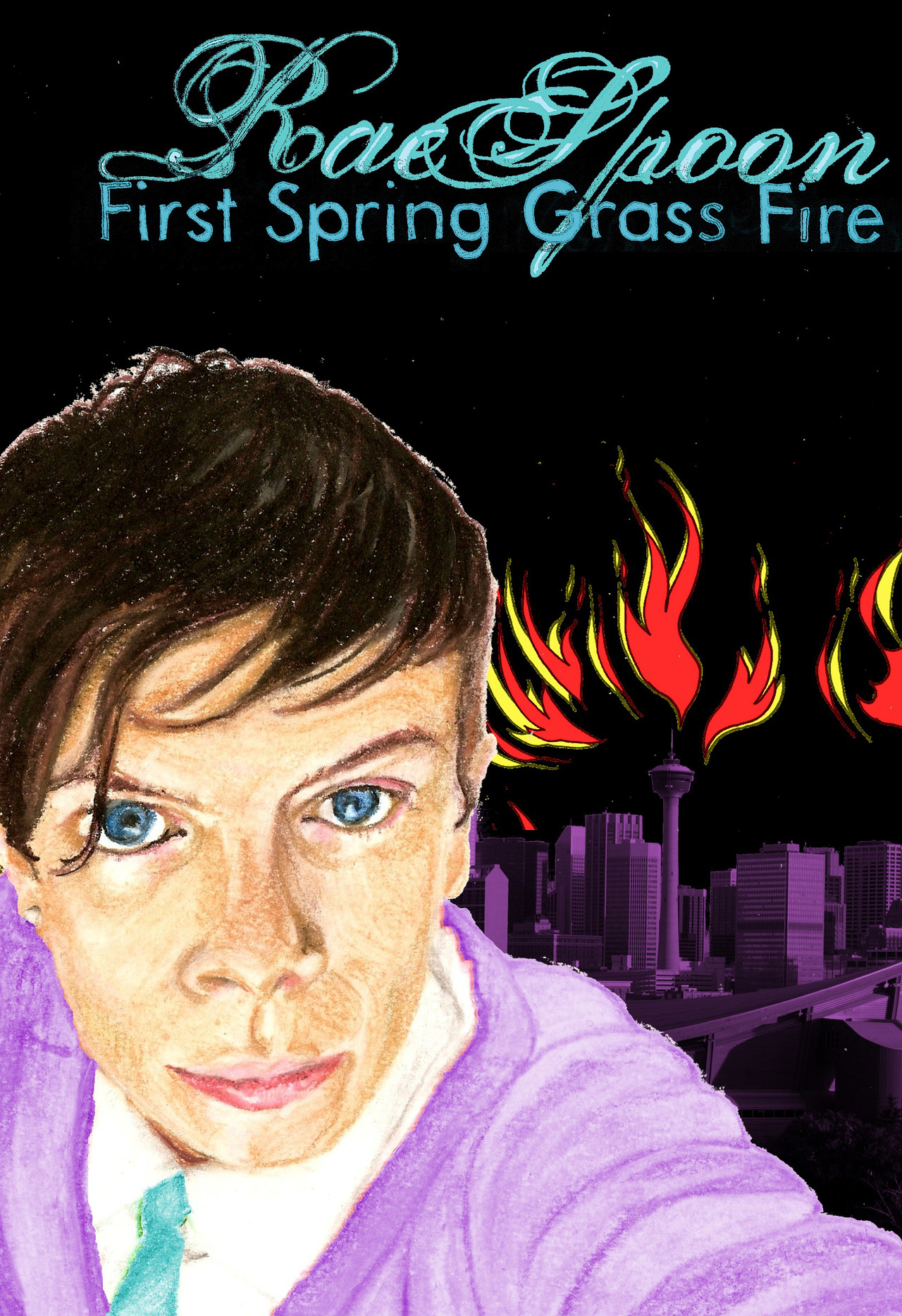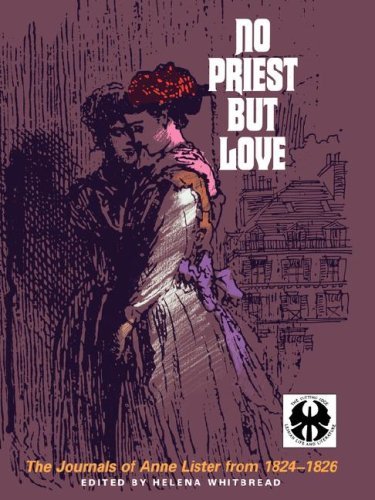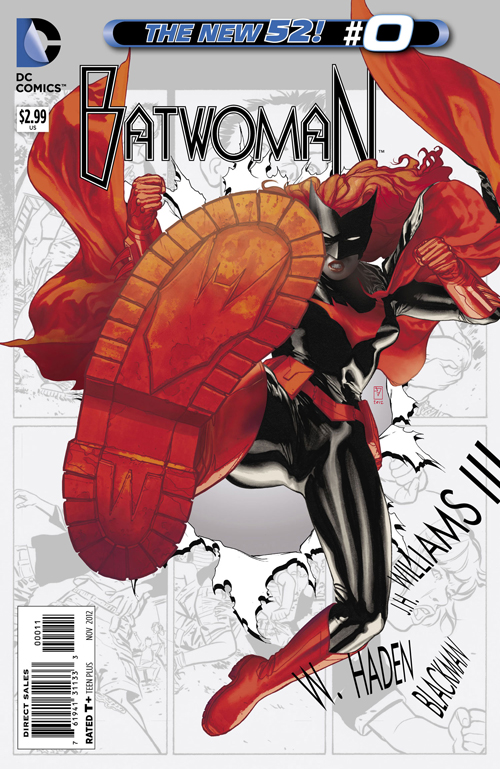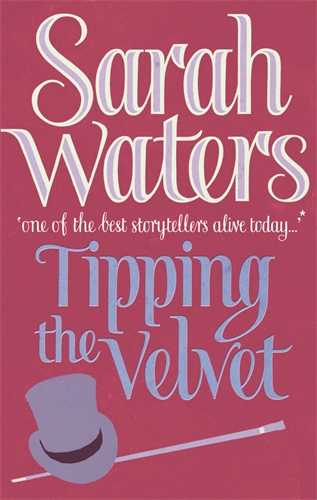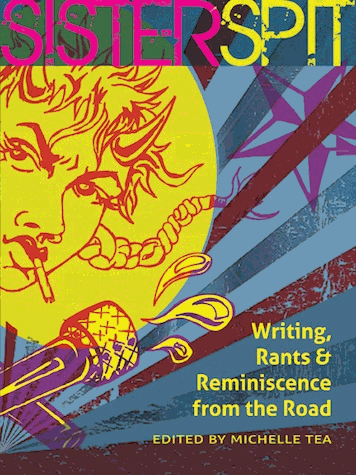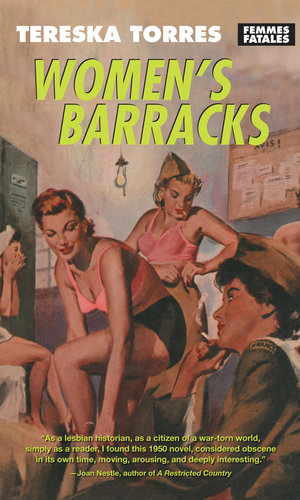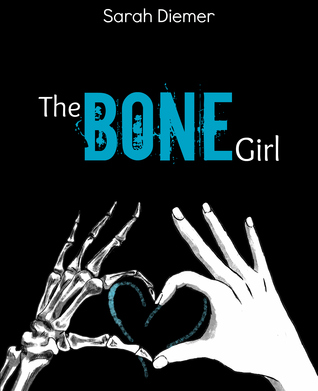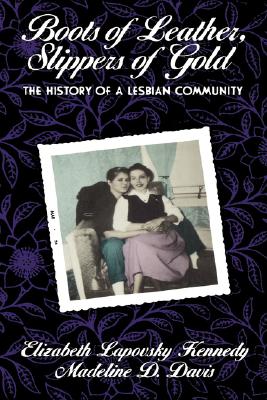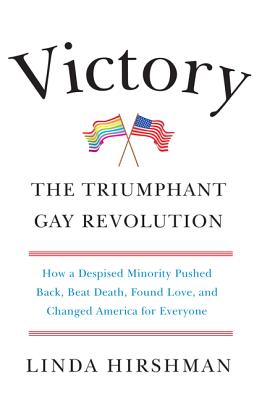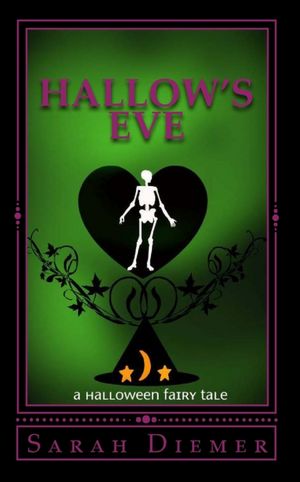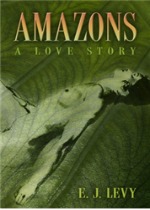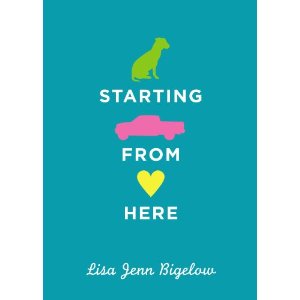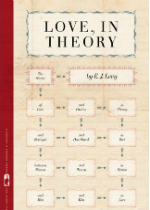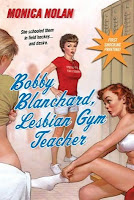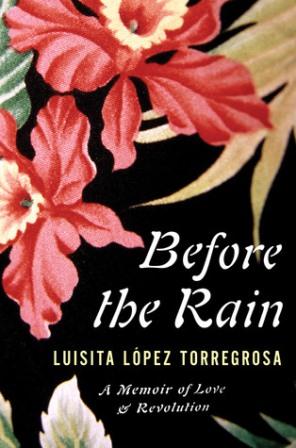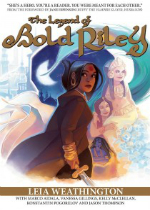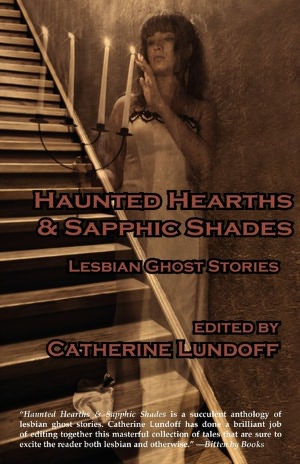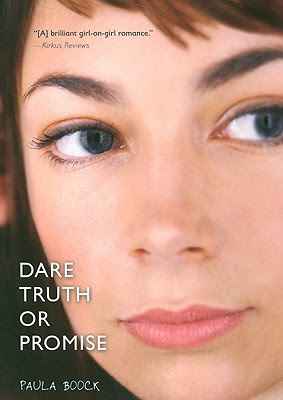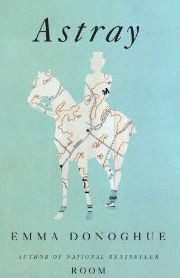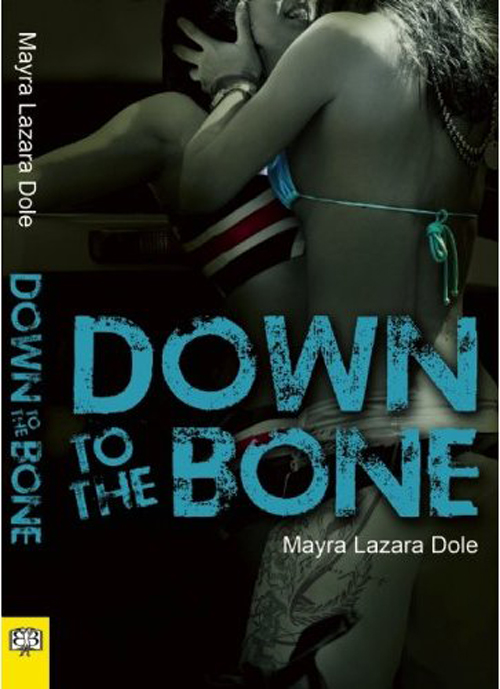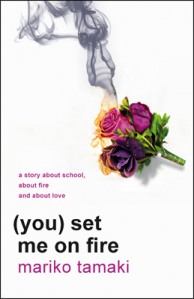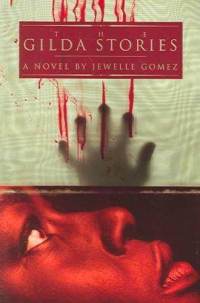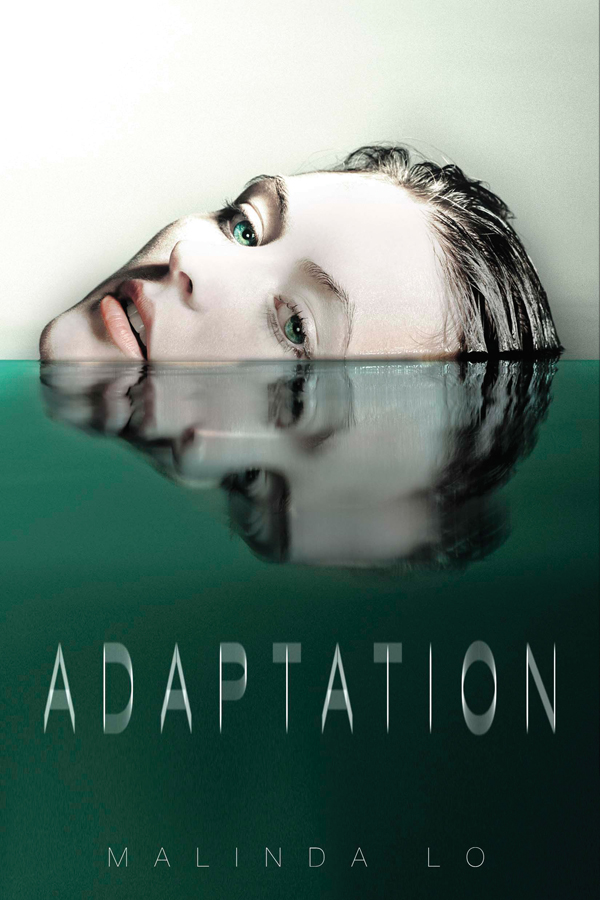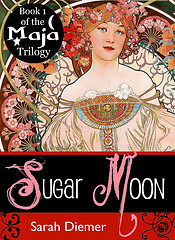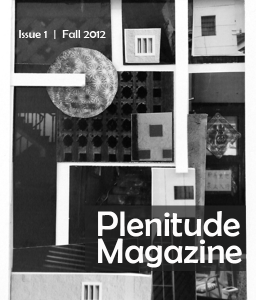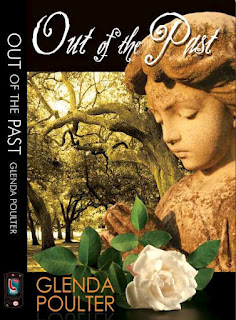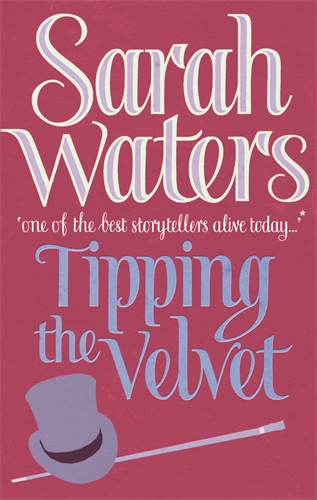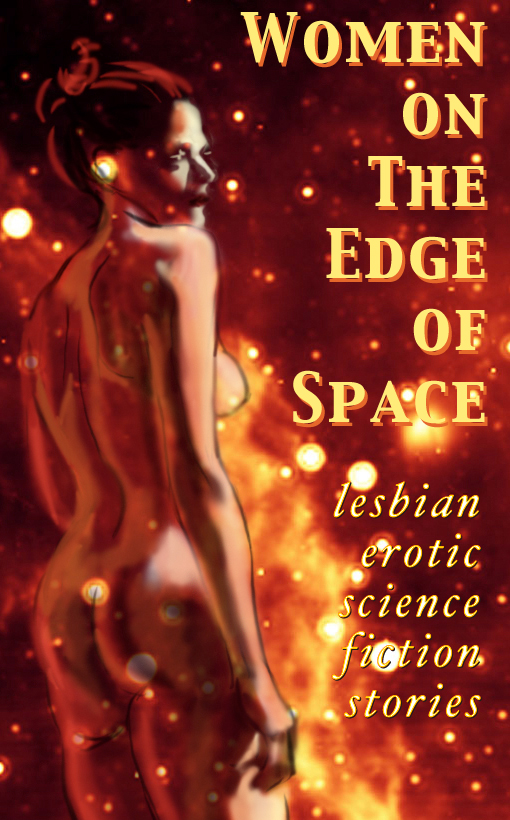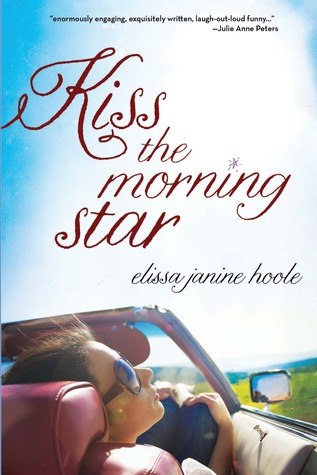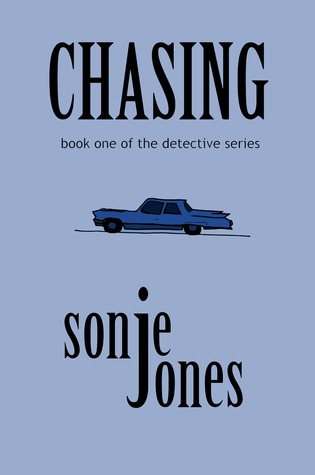
In Chasing by Sonje Jones, Cornelia Osgood (Oz to her friends) is a PI working her way through cases — and her clients. She is dealing with a singer who is receiving increasingly uncomfortable letters from a mystery fan; a nosy wife who wants tabs kept on her philandering husband; and a few other drop-in clients. If only work could keep her busy enough to stay out of the path of her mother and sister, both whom are getting married in just a few weeks. Of course, with her mom living across the street and at work every day as her secretary, Oz cannot escape the plans or the guilt. As the family shenanigans ramp up, so does her client’s stalker, leading Oz to tackle a case that goes from business to personal in more ways than one.
I was expecting to have the “carousing investigator” stereotype turn me off, but Jones makes Oz both strong and vulnerable. Using her womanizing ways to hide from loneliness and avoid two weddings she doesn’t want to be involved with, Oz is only slightly larger than life. Multiple supporting characters bring light to the different facets of a woman that I wanted to learn more about. A lot of plot is contained within this short book (only 139 pages), but since it’s the first of a series, I expect to be seeing a lot more Oz in my future.

